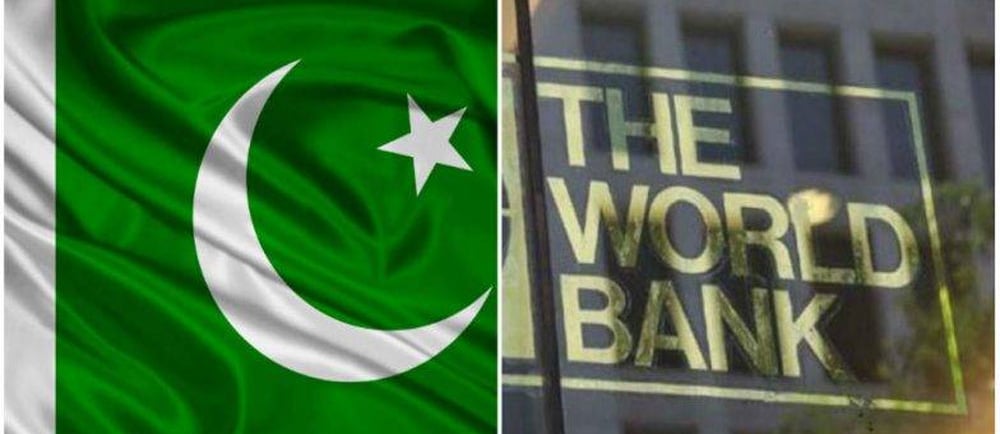Pakistan’s Economy at Risk from Natural Disasters, Warns World Bank
A World Bank report warns that Pakistan is among the top five countries most affected by climate-driven disasters, urging urgent infrastructure reforms to protect rural communities and the economy.
By Abdullah Abid
9/2/20251 min read


Pakistan’s economy is facing serious threats from natural disasters, as highlighted in a recent World Bank report. Ranked as the fifth most affected country by extreme weather events, Pakistan continues to struggle with earthquakes, floods, landslides, and water scarcity, all of which disrupt infrastructure and impact millions of lives.
The report, “Evidence-based Targeting of Infrastructure Investments: A Model for Accessibility to Services in Pakistan’s Rural Communities,” stresses that outdated road maintenance practices, insufficient budgets, and heavy reliance on toll revenues have left Pakistan’s transport system vulnerable. With 95% of passenger and freight trips dependent on road transport, the lack of modern asset management and low provincial funding — averaging only 20% to 30% of required maintenance budgets — has further weakened infrastructure quality.
Floods remain the biggest threat, with the 2022 floods submerging one-third of Pakistan, displacing 8 million people, and destroying over 2.2 million homes and 13,000 km of roads. Reconstruction challenges revealed the urgent need for smarter, evidence-based infrastructure investments that prioritize climate resilience.
The World Bank stressed that rural communities, which make up 62% of Pakistan’s population, face the greatest disadvantages due to poor road networks, difficult terrain, and limited access to essential services like schools, hospitals, and markets. To close this gap, the report calls for strategic infrastructure investments, modernized engineering standards, and climate-resilient planning to ensure equal access to opportunities and safeguard economic growth.
By addressing these vulnerabilities through innovative, long-term strategies, Pakistan can strengthen resilience, reduce poverty, and secure a sustainable future for its people.
Insights
Connect
Learn
contact@digitalpakistani.site
+1 908-220-1227
© 2025. All rights reserved.
